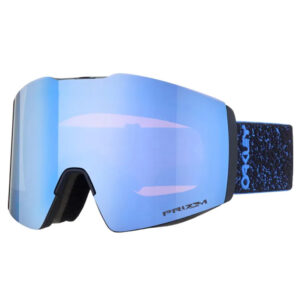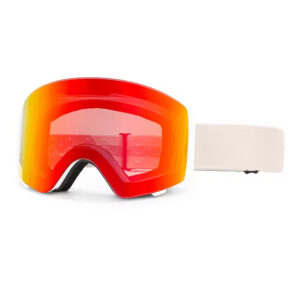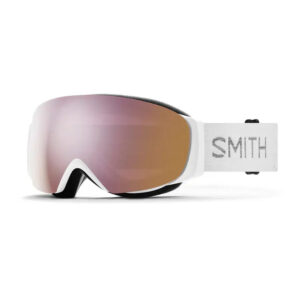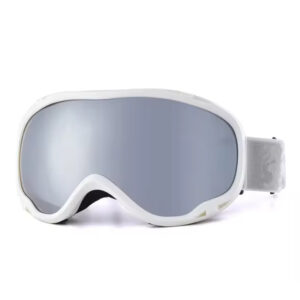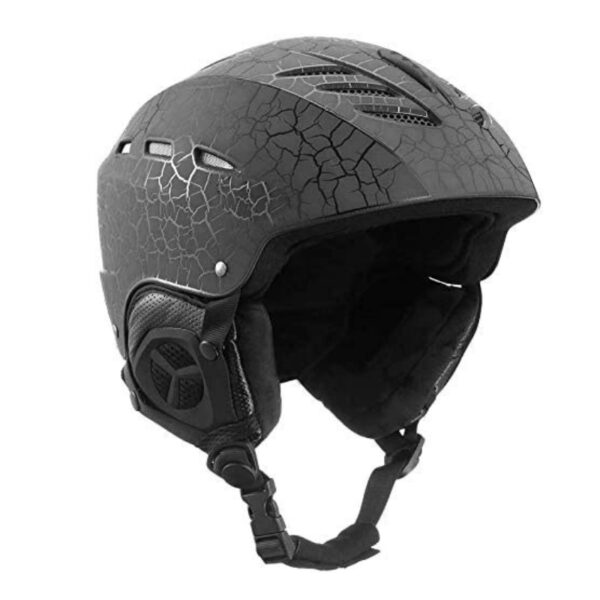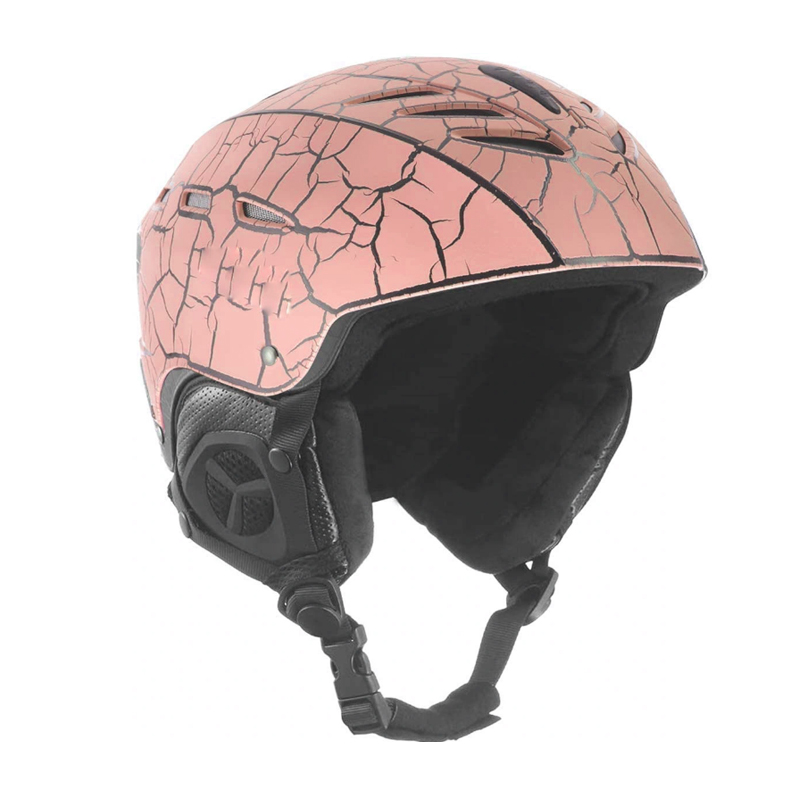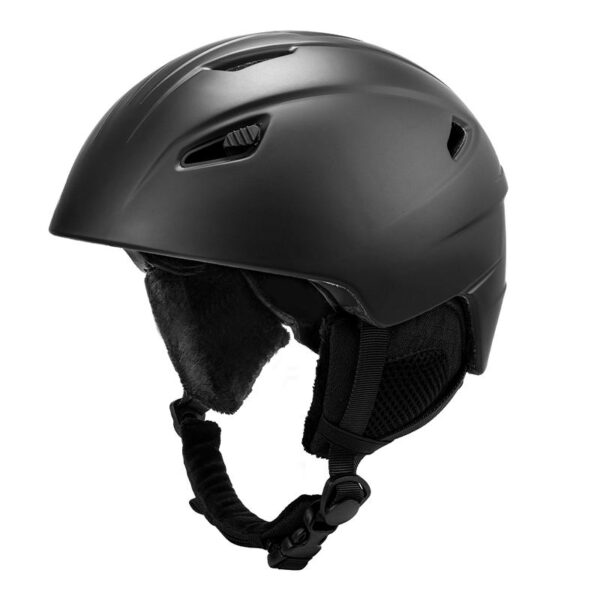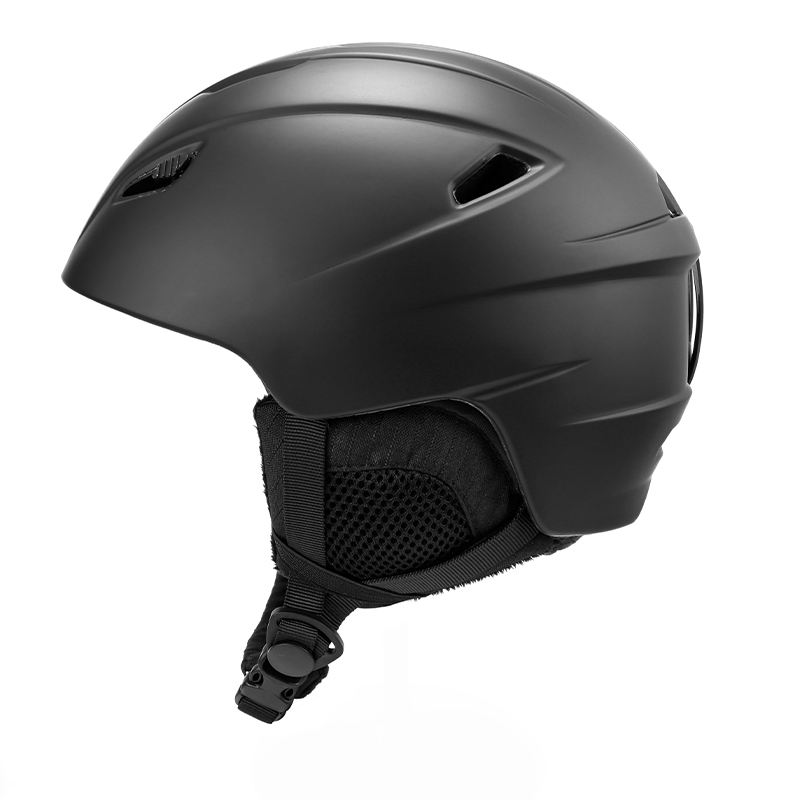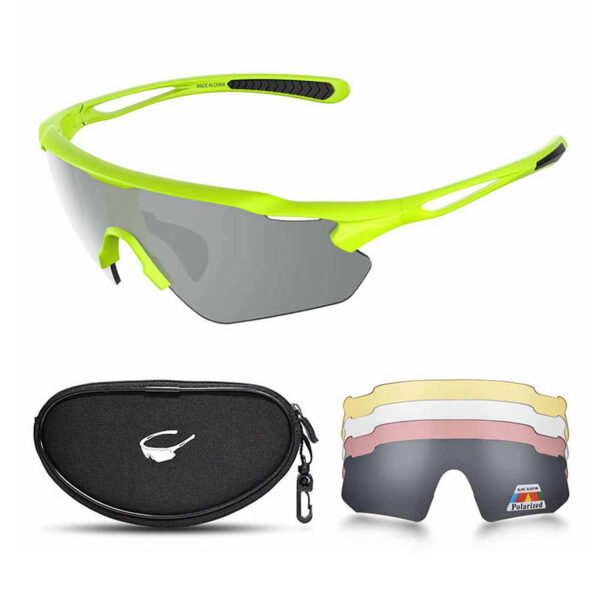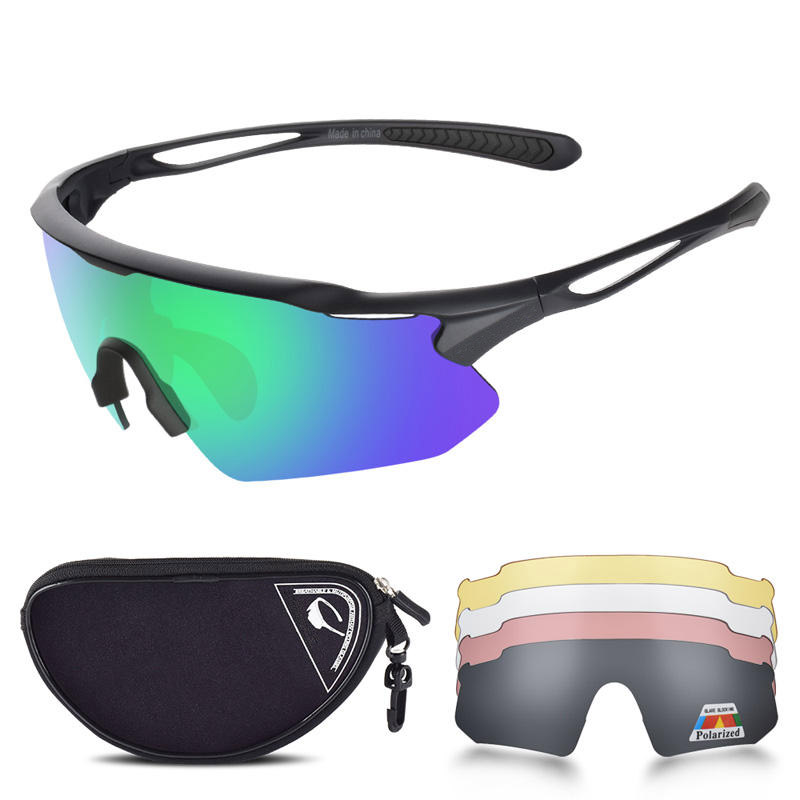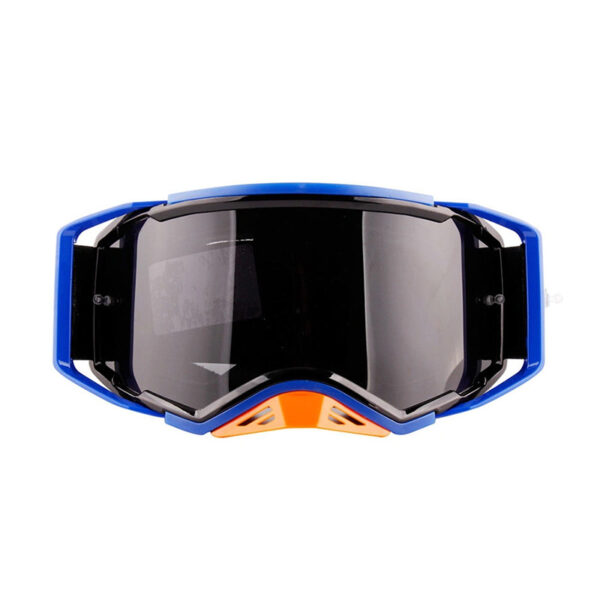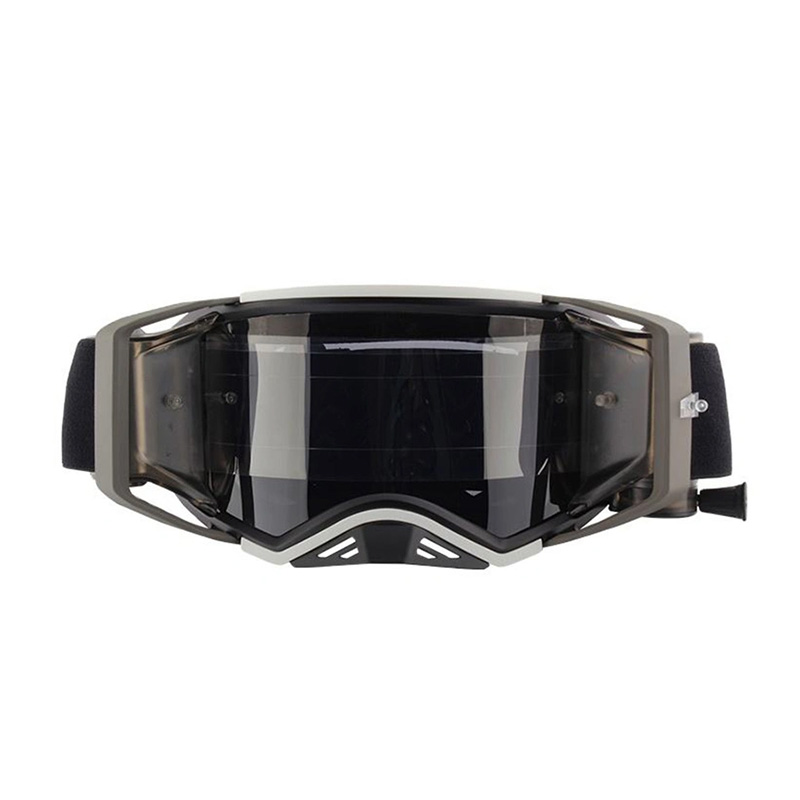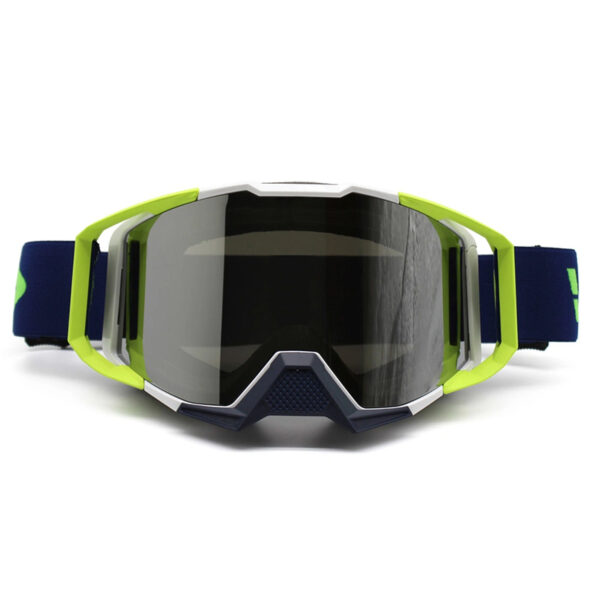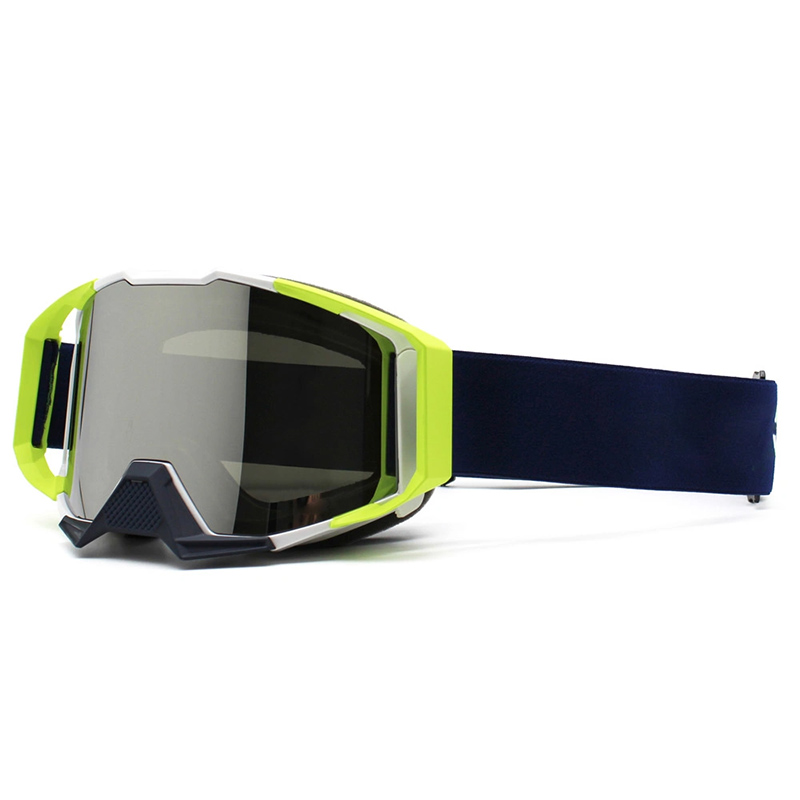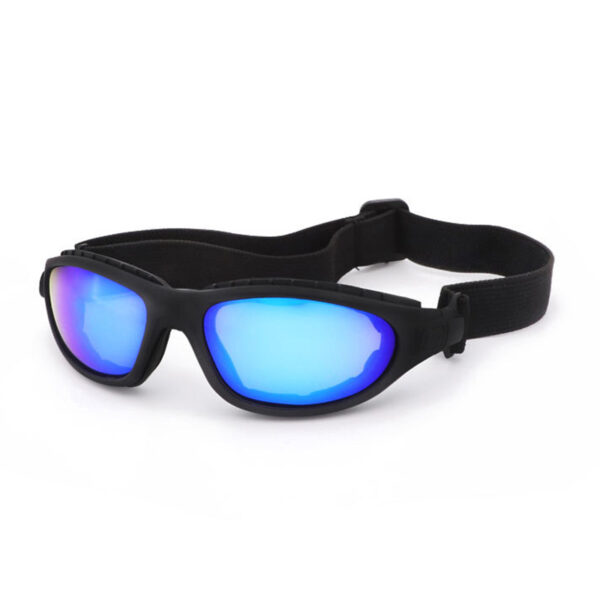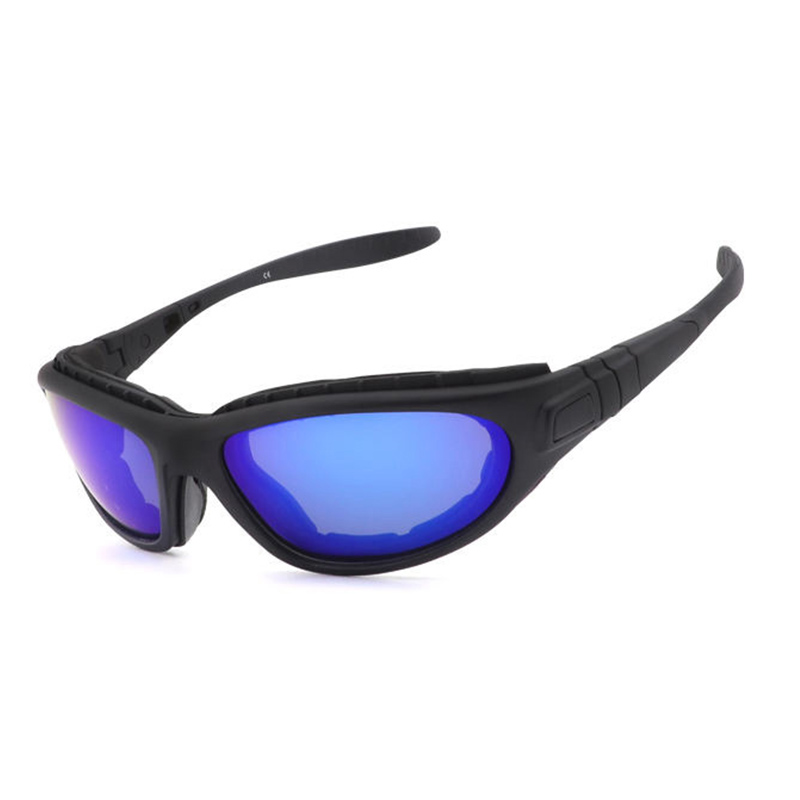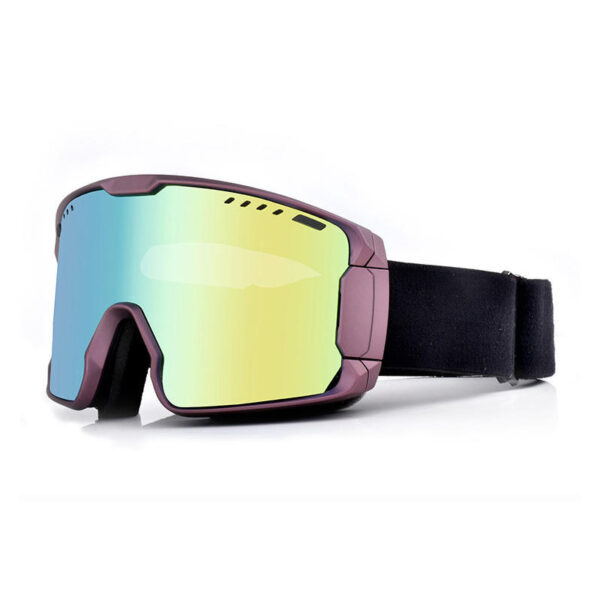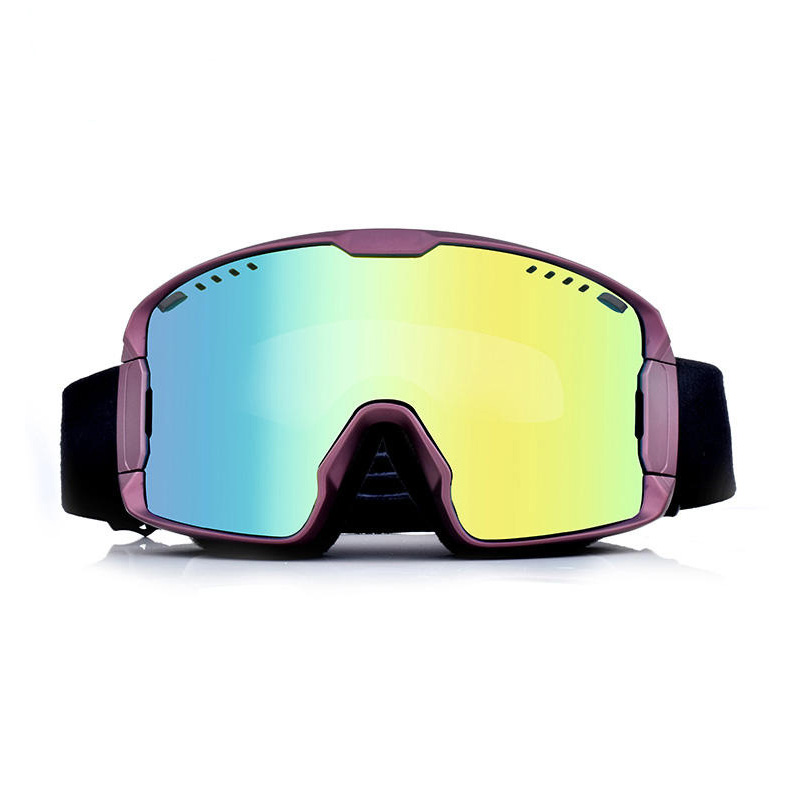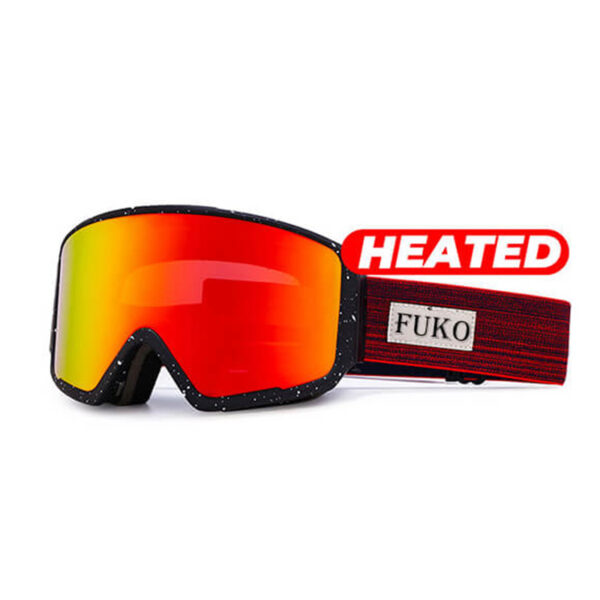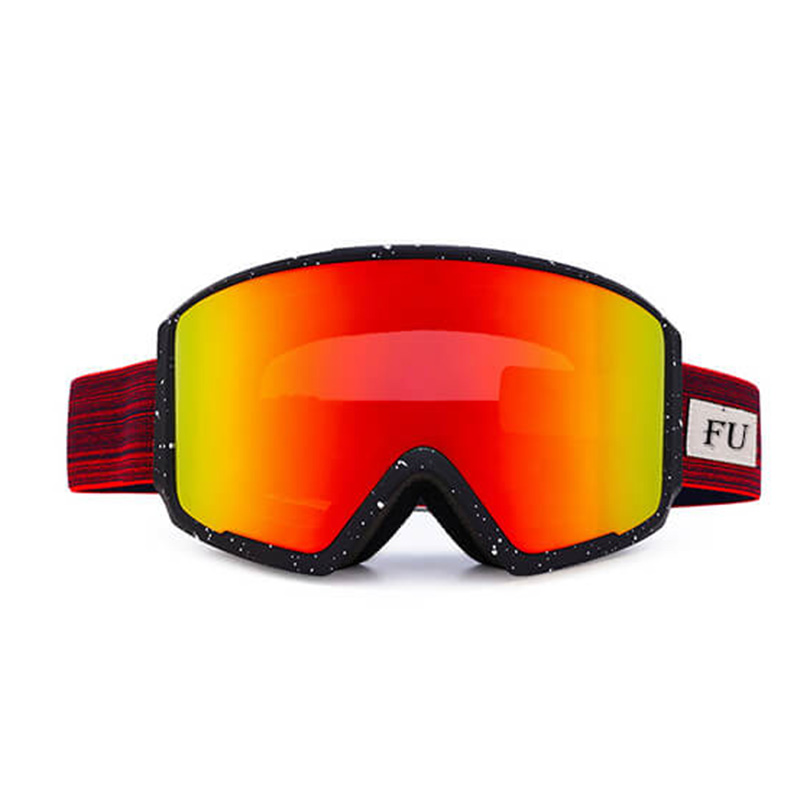Can you ski without goggles? This is a question that many skiing enthusiasts may ponder. Goggles are an essential piece of equipment for protecting your eyes while enjoying winter sports like skiing. In this article, we will delve into the topic of skiing without goggles and discuss the importance of eye protection during this popular winter activity.
Can You Ski Without Goggles?
The short answer is, yes, you can ski without goggles, but it’s not recommended. When skiing, you are exposed to various weather elements that can harm your eyes, such as wind, snow, and UV rays. Without goggles, you’re risking injuring your eyes and compromising your vision. The glare from the snow can be blinding, resulting in temporary blindness or even permanent damage to your vision.
Goggles also help improve your visibility on the slopes by reducing glare and enhancing contrast. This makes it easier for you to see where you’re going and avoid accidents. They also keep your eyes warm and prevent them from watering, which can distract you while skiing.
Aside from protecting your eyes, goggles also offer face protection when skiing. They act as a shield against branches, tree limbs, and other debris that may hit your face while skiing. So not wearing them could leave you with cuts, bruises, or worse.
If you want to learn more about this, you can refer to the article below.
Read More: Do You Need Goggles To Ski
Can You Ski With Just Sunglasses?
Sunglasses are a popular alternative to goggles for skiing. They provide some protection against UV rays and improve your visibility. However, they have their limitations. For instance, sunglasses do not cover your entire face, leaving your eyes exposed to harsh weather conditions. Additionally, they do not seal tightly around your eyes, which allows dust, wind, and snow to enter, causing irritation and reducing your vision.
Another disadvantage of using sunglasses when skiing is that they lack anti-fog technology. After a few minutes of skiing, they are likely to fog up and obstruct your vision. This can be dangerous as it impairs your ability to see where you’re going hence increasing the risk of accidents.
Lastly, sunglasses are not as durable as goggles, and they may break or fall off while skiing, leaving you with an unprotected face.
Therefore, while sunglasses may work in mild weather conditions, they are not suitable for skiing in harsh environments. Goggles are the best option for protecting your eyes and face while skiing.
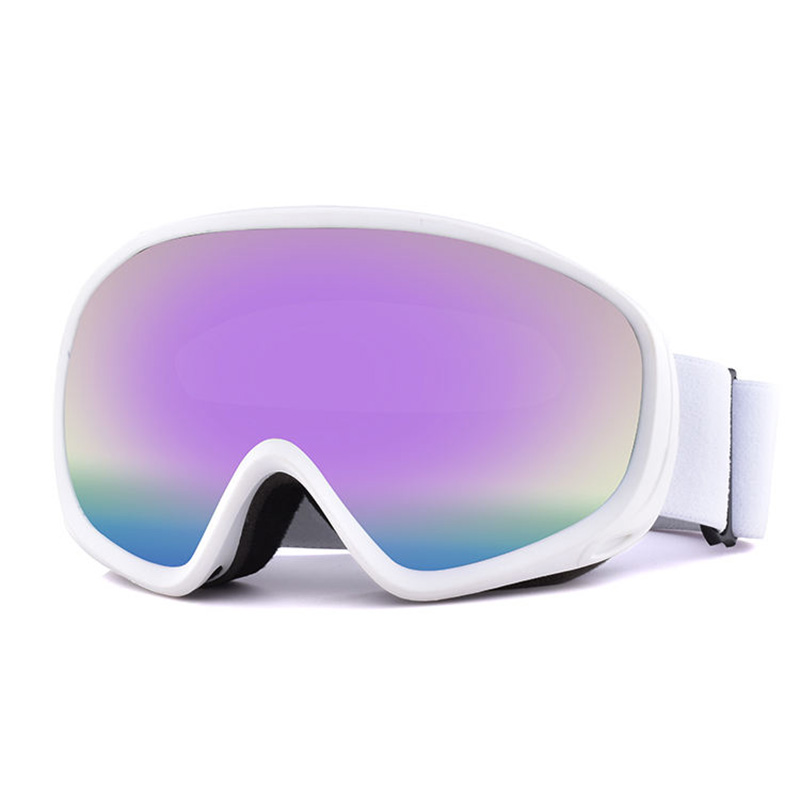
What To Look For In Skiing Goggles
When looking for goggles to use while skiing, there are several factors to consider. These include:
- Lens type – Goggles come with different types of lenses suited for specific weather conditions. For instance, yellow lenses are suitable for low-light conditions, while dark lenses are great for sunny days. Choose goggles whose lens suits the weather conditions on the day you’ll be skiing.
- Comfortable fit – The goggles should fit snugly around your face to prevent snow, wind, and dust from entering. They shouldn’t be too tight that they’re uncomfortable or too loose that they slide off.
- Anti-fog technology – As previously mentioned, goggles that fog up impair your vision, making skiing dangerous. Invest in goggles that have anti-fog technology to prevent them from fogging up.
- UV protection – Choose goggles that provide 100% UV protection to safeguard your eyes from harmful UV rays.
- Durability – Skiing goggles are prone to impact from objects such as tree branches or debris. Choose durable goggles made of high-quality materials that can withstand impacts.
Conclusion
In conclusion, skiing without goggles is not recommended. Goggles offer protection to our eyes and faces when skiing, reducing the risks of injury and obscured visibility. While sunglasses may be a popular alternative, they do not provide adequate protection against the harsh weather conditions we encounter when skiing. When buying goggles, pick a pair that fits well, has anti-fog technology and UV protection, and is durable enough to withstand impact from debris. Wear your goggles and enjoy skiing safely.
Also Read: Can You Rent Ski Goggles

